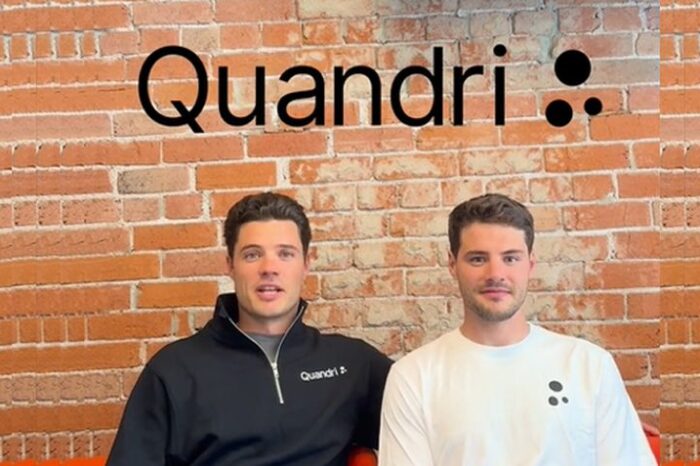Companies are canceling their ChatGPT subscriptions, Here’s why

ChatGPT has long held the crown as the go-to AI assistant, especially in the workplace. But lately, some companies are starting to rethink whether that $20 or $200 per month is really worth it. With plenty of cheaper or completely free alternatives entering the scene, the shine around OpenAI’s flagship product is beginning to dull in some corners of corporate America.
The Information, citing data from Ramp, reports that some companies are dropping their ChatGPT subscriptions in favor of more affordable AI options.
“The emergence of free chatbot alternatives, such as Google’s Gemini and Microsoft’s Copilot integrated into productivity suites, may be incentivizing businesses to drop their paid subscriptions,” The Information reported.
New data from payments startup Ramp, which tracks business expenses for over 30,000 companies, shows a small but telling dip in AI chatbot spending. In May 2025, 42.5% of Ramp’s customers were paying for AI tools. By June, that figure dropped slightly to 42%. On the surface, it’s not dramatic—but it’s the first decline since early 2023 and a possible sign that companies are starting to shop around more carefully.
Why Cheaper ChatGPT Alternatives Are Gaining Ground
The main driver? Cost. Free or bundled AI options are making it harder to justify standalone subscriptions. Microsoft now includes basic Copilot tools in Office products for no added cost, and Google’s Gemini is baked into Workspace by default. Compared to ChatGPT’s monthly $20 Plus plan, $200 Pro tier, or $25 per user Team plan, those integrated options are looking more appealing, especially at scale.
And it’s not just about price. Claude by Anthropic has gained traction for its clean responses and emphasis on safety, making it a solid pick for professionals. Gemini, deeply tied into Google’s apps, helps users draft emails or summarize documents inside tools they already use every day. DeepSeek’s R1, an open-source model out of China, is attracting attention for its flexible pricing and impressive performance, going toe-to-toe with OpenAI’s top-tier models.
Then there are the all-in-one platforms. Chatsonic, for instance, lets businesses combine models like GPT-4o, Claude, and Gemini under one roof, with built-in content and SEO tools. BrainChat.AI is leaning hard into privacy and team collaboration, giving companies unlimited use of high-end models without the worry that their chats are being used to train future models.
OpenAI’s Response and Market Dynamics
OpenAI isn’t standing still, though. Since February 2025, it’s added a million new paying business users. It’s also been rolling out incentives—think bundled discounts for API and ChatGPT subscribers—to keep customers from jumping ship. Microsoft is offering similar perks for Azure users.
Still, the playing field has changed. Companies aren’t ditching AI—they’re just being more intentional. For many small businesses or casual users, a free tier or an included tool like Gemini gets the job done. For larger organizations, priorities are shifting to things like data privacy, integration, and workflow compatibility. That’s giving a lift to enterprise-grade alternatives or platforms built with specific use cases in mind.
Of course, cheaper doesn’t always mean better. ChatGPT’s GPT-4o and o1 models still have advantages in areas like reasoning, code generation, or multimodal abilities. Free or open-source models may raise concerns about data handling, especially those hosted in countries with different regulatory frameworks.
Looking Ahead
What’s happening now feels less like abandonment and more like a market growing up. The AI gold rush is entering a new phase where companies are no longer just following hype—they’re asking harder questions about cost, performance, and fit.
So, is the dip in ChatGPT subscriptions a red flag? Maybe. Or maybe it’s just the sign of a smarter, more demanding customer base. Either way, the AI race is no longer a one-horse show.




